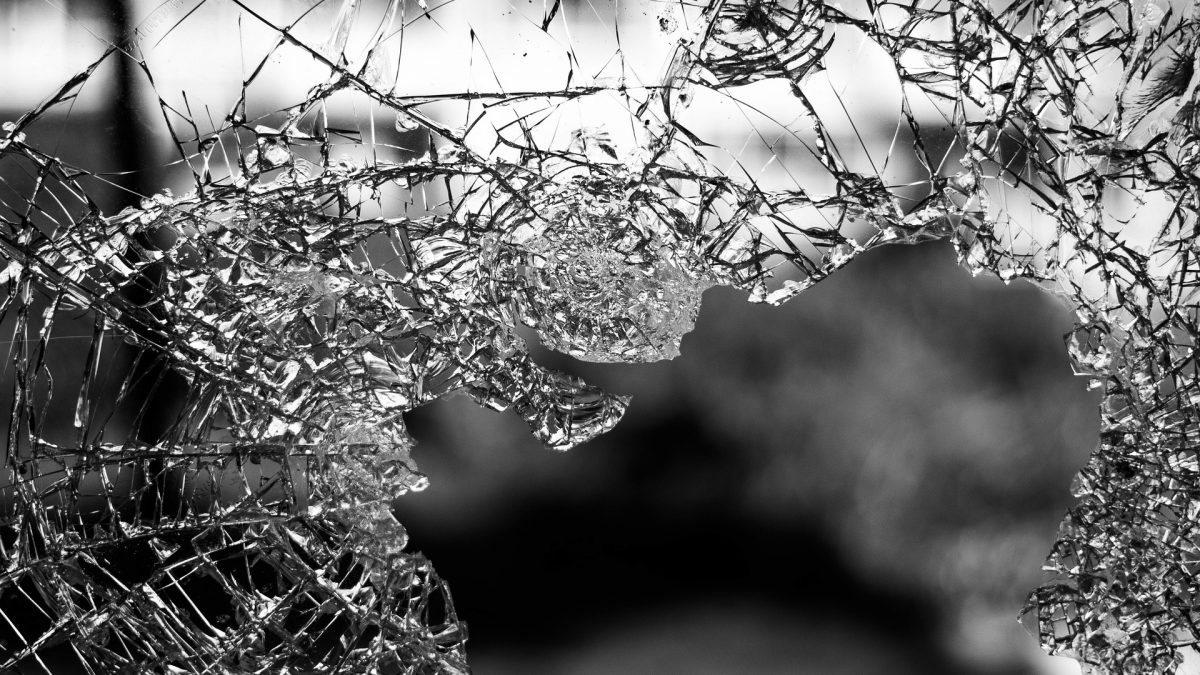
The Banking Industry: The US Dollar, Debt and Starling Bank
September 28, 2022
Commercial Awareness Update – W/C 3rd October 2022
September 30, 2022Article by Anna Wallace
Following criticism over China’s vice-president’s, Wang Qisham, attendance of the Queen’s funeral, once again, the world focuses its attention on the alleged human rights abuses taking place against the Uyghurs in China’s Xinjiang province. The vice president’s presence has sparked a series of complaints from a group of British Conservative MP’s who have been banned from travelling to China due to their campaigns against Chinese repression. The wave of criticism comes just days after the UN’s damning report which concluded that the allegations of abuse in the Xinjiang province may constitute “crimes against humanity”.
Who are the Uyghurs?
The Uyghurs are a Turkic Muslim ethnic group who live in the North Western region of China, Xinjiang, a region that was briefly independent during the 1940s but has since been under Chinese control from 1949. Between 2012 and 2015 the violence against the Uyghurs increased: Uyghur homes were raided, state policing in Xinjiang increased and women’s veils were forcibly removed. Following this, 2018 saw the establishment of ‘educational’ and ‘training camps’, mandated by local governments, which were claimed by Chinese authorities to serve to convert people who had religiously extreme views. It is estimated that more than one million Uyghurs and other Turk Muslims have been forced into these camps under what is reported as the largest forced incarceration of an ethno-religious minority since the Holocaust.
The UN’s Report:
The 45-page report by the office of High Commissioner for Human Rights concluded:
“The extent of arbitrary and discriminatory detention of members of Uyghur and other predominantly Muslim groups, pursuant to law and policy, in context of restrictions and deprivation more generally of fundamental rights enjoyed individually and collectively, may constitute international crimes, in particular crimes against humanity.”
Crimes against humanity are defined as grave violations of international law committed as part of a widespread or systematic attack on civilian population. The Rome Statute of the International Criminal Court defines acts of crimes against humanity in a way that can be broken down into four requirements: a widespread or systematic attack, an attack against a civilian population, an attack committed with knowledge of the attack and that the acts are pursuant to a State or organizational policy. Accusations of the Chinese’s governments mass incarceration of a million Uyghurs across the Xinjiang region, which the state maintains as ‘re-education camps”, meets these requirements.
The specific crimes against humanity documented in the report against the Uyghur population include: deprivation of liberty in violation of international law, persecution of an identifiable religious group, and alleged inhumane acts causing great suffering or serious injury, notably torture and sexual violence. In 2017, according to official statistics, arrests in Xinjiang accounted for approximately 21% of all arrests in China, despite the people in Xinjiang only making up 1.5% of the total population. The report also found credible indications of violations of reproductive rights through the coercive enforcement of family planning policies since 2017 and noted that the average rate of sterilisation per 100,000 inhabitants in the Xinjiang Region was almost 8 times higher than the national average.
Pressures for the UN to take greater action:
Calls for greater monitoring of alleged abuses against the Muslim population have been manifesting in the form of letters being sent from governments to the Human Rights Council president urging the UN high commissioner for human rights to Xinjiang to monitor the situation.
The Uyghur question had overshadowed the UN’s high commissioner for human rights, Michelle Bachelet, during her four-year term where she was heavily criticised for visit to Xinjiang this year. Ms Bachelet had previously delayed the publication of the report several times amid speculation that Beijing was urging her to bury damaging findings in the report. The report was eventually published just 13 minutes before the end of her four-year tenure, generating criticism that she was avoiding the aftermath of the report’s publication.
Whilst the report has been welcomed, many activist groups have expressed sentiments of disappointment, including the World Uyghur Conference. Spokesman Zumretay Arkin said they had “expected her to be firmer on China overall”.
China accused the report of being “based on the disinformation and lies fabricated by anti-China forces” and that it “wantonly smears and slanders” China and interfered in the country’s internal affairs. They responded to the report with their own 121-page counter-report which maintains its position that the camps are “vocational education and training centres” aimed to reduce the threat of terrorism through the state’s “de-radicalisation” programmes.
Future Implications:
Whilst the UN’s report does recommend that the Chinese government take prompt steps to release those detained in training centres, prisons and detention facilities, the report does not substantiate its recommendations with any legal consequences for inaction. Calling on China to “take prompt steps to release all individuals arbitrarily deprived of their liberty”, Uyghur rights activists are calling for more tangible steps towards action. Activists are putting pressure on the UN for a commission of inquiry to be set up and asking businesses around the world to cut all ties with anyone abetting the Chinese government in its handling of the Uyghurs.
In June 2020, 50 UN special procedures issued an indictment of China’s Human Rights record, calling for the creation of a dedicated UN monitoring mechanism for China. Whilst China is not a party to the Rome Statute of the International Criminal Court (ICC), the
ICC could assume jurisdiction if the UN Security Council refers the situation in Xinjiang to its court. However, because China is a permanent member of the Security Council, its veto power could avert such actions. China has often worked consistently and aggressively to silence criticism of its human rights record before UN bodies and has taken actions aimed at weakening some of the central mechanisms available in those institutions to advance rights.
Therefore, although it is the responsibility of the State to ensure that domestic criminal justice mechanisms thoroughly investigate alleged human rights violations, the Chinese government has repeatedly denied these claims and thus is unwilling to conduct any investigations.
Overall, whilst the UN’s report has generated significant criticism for its delayed publication and its yielding approach to alleviating the alleged abuses against the Uyghur population, the report is indicative of the increased global momentum in the efforts to address the Uyghur plight. Whilst this issue still remains to be underreported in mainstream media outlets, the position of the UN alerts global powers to the ongoing abuse within China and has the potential to increase global pressure on Chinese authorities to free the Uyghurs from their unlawful incarceration.





